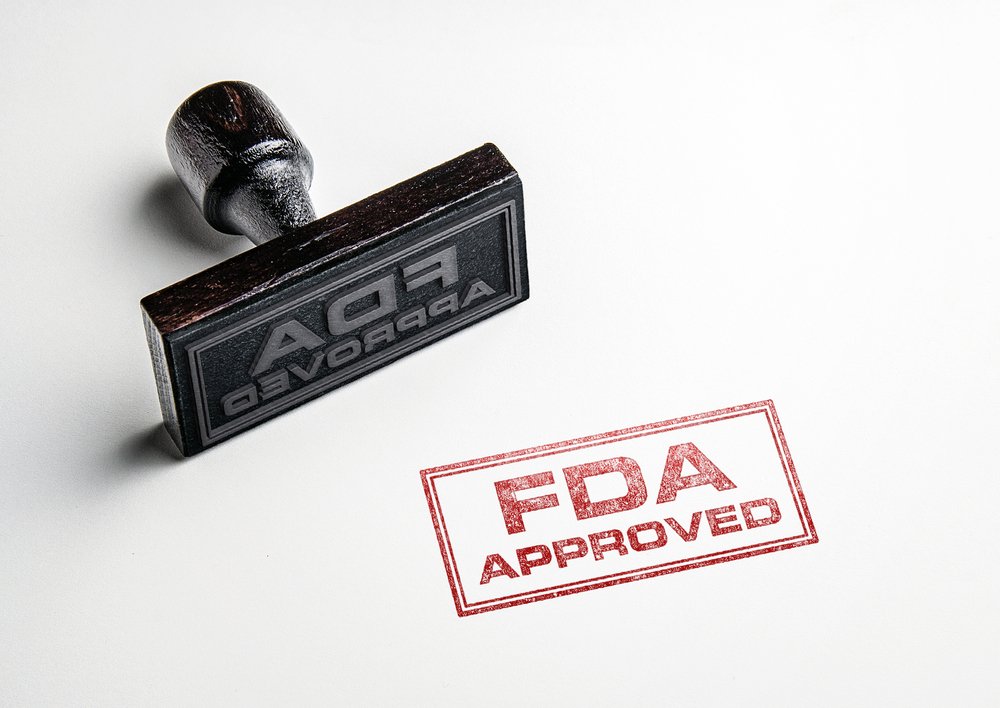FDA Expands Kalydeco’s Approval to 1-year-old Toddlers with Cystic Fibrosis

The U.S. Food and Drug Administration (FDA) has approved Kalydeco (ivacaftor) as the first-ever therapy to treat the underlying cause of cystic fibrosis (CF) in 1-year-old toddlers, Vertex Pharmaceuticals announced.
“Parents and physicians now have a medicine to treat the underlying cause of CF in patients as young as one year of age,” Reshma Kewalramani, MD, Vertex’s executive vice president and chief medical officer, said in a press release.
People with CF have mutations in the CFTR gene, which lead to the absence, reduction, or faulty CFTR, a protein channel involved in the regulation of salt and water transport in and out of cells. These mutations result in thick, sticky secretions and mucus, that build up in the body, leading to severe lung and digestive problems.
Kalydeco, developed by Vertex, is the first medicine to treat the underlying cause of CF in people with “gating” mutations — those resulting in the production of a faulty CFTR protein that can have its channel’s gate stuck closed.
In the U.S., Kalydeco is already approved for CF patients as young as 2 with one of 38 different gating mutations responsive to Kalydeco, based on clinical and/or lab data.
Kalydeco’s recent FDA approval was based on positive results of the ongoing multi-center, open-label, Phase 3 study ARRIVAL (NCT02725567), that consists of two parts.
The study enrolled 25 toddlers ages 12 to 24 months with one of 10 gating mutations — G551D, G178R, S549N, S549R, G551S, G1244E, S1251N, S1255P, G1349D, or R117H.
In ARRIVAL’s first part, seven toddlers were treated with Kalydeco for five days to assess safety. In the second part, 19 patients received Kalydeco for six months to evaluate its safety and effectiveness in treating very young CF patients.
After six months of treatment, the children had an almost three-fold reduction on the mean levels of sweat chloride compared with those before therapy. The mean levels dropped from 104.1 mmol/L to 33.8 mmol/L, which are considered within the range of healthy levels.
Kalydeco was generally well-tolerated with a safety profile consistent with that seen in previous studies involving patients older than 2 years. Most adverse events were mild or moderate in their nature, and no patient discontinued treatment due to adverse events.
The most common adverse events reported were cough (74%), fever (37%), elevated levels of aspartate aminotransferase (37%) and alanine aminotransferase (32%) — liver enzymes used to assess liver damage — and runny nose (32%).
Kalydeco also improved the toddlers’ pancreatic function, which typically is impaired in CF patients.
“The premise of newborn screening for CF is to intervene very early in the course of disease with the goal of improving long term outcomes, so this is a significant milestone for parents and caregivers of young children with CF,” said Margaret Rosenfeld, MD, from the Seattle Children’s Research Institute and the Department of Pediatrics, at University of Washington School of Medicine.
Vertex submitted a similar Marketing Authorization Application to the European Medicines Agency to extend Kalydeco’s approval to toddlers ages 1 to 2 years old, and the company expects to have a final decision in the first half of 2019.
The ARRIVAL study also will evaluate the safety and effectiveness of Kalydeco in children six to 12 months of age, and younger than six months.







